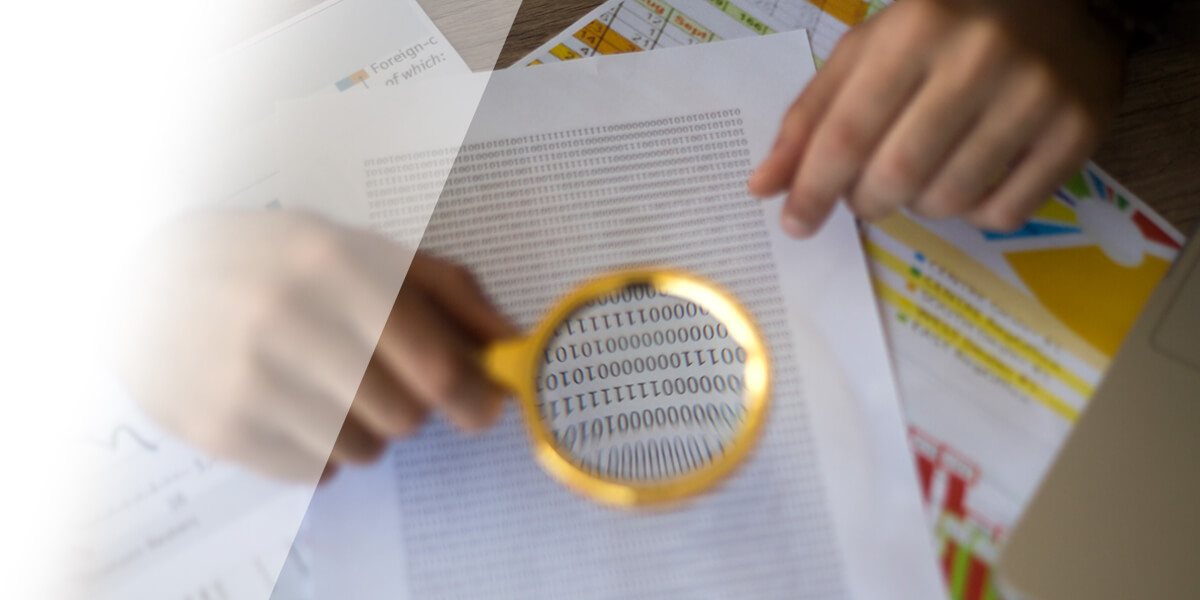Criminals are always looking for clever ways to get their hands on your money. And now that people are extra vulnerable, it’s even easier to fall into their traps.
COVID-19 scams take advantage of the global health crisis to target uncertain, stressed, and anxious individuals. What makes these scams so alarming is that they use information related to the virus to trick their victims.
Fraudulent emails, text messages, automated calls, and bogus websites seem legitimate, and it can be hard to tell the real deal from the fake. But if you know what to look out for, and stay alert when you’re online, there’s less chance you’ll be caught off-guard.
Here are five tips to protect yourself against COVID-19 scams:
1. Don’t take the bait
Phishing or SMishing (SMS phishing) is when cybercriminals use fake emails to try and access your secure personal information: banking and credit card details, passwords, and other sensitive credentials. These emails and texts appear to come from reliable sources – some pose as health professionals selling coronavirus test kits, vaccines and masks, while others claim to be charities collecting donations for the less fortunate.
Never click on a link you don’t trust. Check email and website addresses – misplaced letters, extra numbers or spelling mistakes, are all warning signs. Do your own research and question everything. Read more about how to protect yourself from financial scams.
2. Help yourself
Be careful of people offering you a helping hand – many fraudsters promise financial relief during this time. If you’re worried about money obligations and repayments, speak to your creditors and financial service providers about your situation. With so many people’s incomes affected by COVID-19, most institutions will be understanding and open to finding the best solution for you.
DirectAxis is giving financially stressed customers a COVID-19 payment break. Find out if you qualify and get yourself the help you need.
3. Beware when shopping online
We’ve become so used to the convenience of shopping online, it’s easy to fall victim to purchase scams. In a new survey by the Association of Certified Fraud Examiners (ACFE), there’s been a rapid increase in scams targeting consumers during COVID-19. Scammers advertise goods they don’t have, and as soon as payment is received, they disappear.
Make sure you research the seller before buying anything online, and only purchase from reputable suppliers. If a deal is too good to be true, it usually is.
4. Mind your small business
Fraudulent agencies are taking advantage of the socio-economic upset, posing as entities of The Department of Small Business Development and taking payments to fast-track applications for financial relief schemes.
The department released a statement confirming that facilitation to access services for SMMEs is free. Incidents can be reported to the COVID-19 hotline on 0866777867 or emailed to info@dsbd.gov.za.
5. Test for validity
Beware of COVID-19 contact testing scams that target you via SMS or email, claiming you’ve been in contact with someone who’s tested positive for COVID-19. You’ll then be asked to pay around R300 to R400 for a health professional to test you at home. But once the money is paid, you’ll never hear from them again.
Contact testing is conducted by the Department of Health and is free of charge. For medical assistance, you can call the Clinicians Hotline on 082 883 9920 or message the Official WhatsApp Help Service by sending HI to 0600 123 456.
If you suspect you’ve been scammed or that your financial details have been compromised, cancel your cards on your internet banking platform immediately, and notify your bank of any suspicious activities on your accounts. In the case of identity theft, you’ll need to contact the South African Police Services and provide an affidavit.
You can never be sure when you might be the next target, but you can avoid COVID-19 scams with these tips to protect yourself.
Find more information about fraud prevention and financial crime here.
